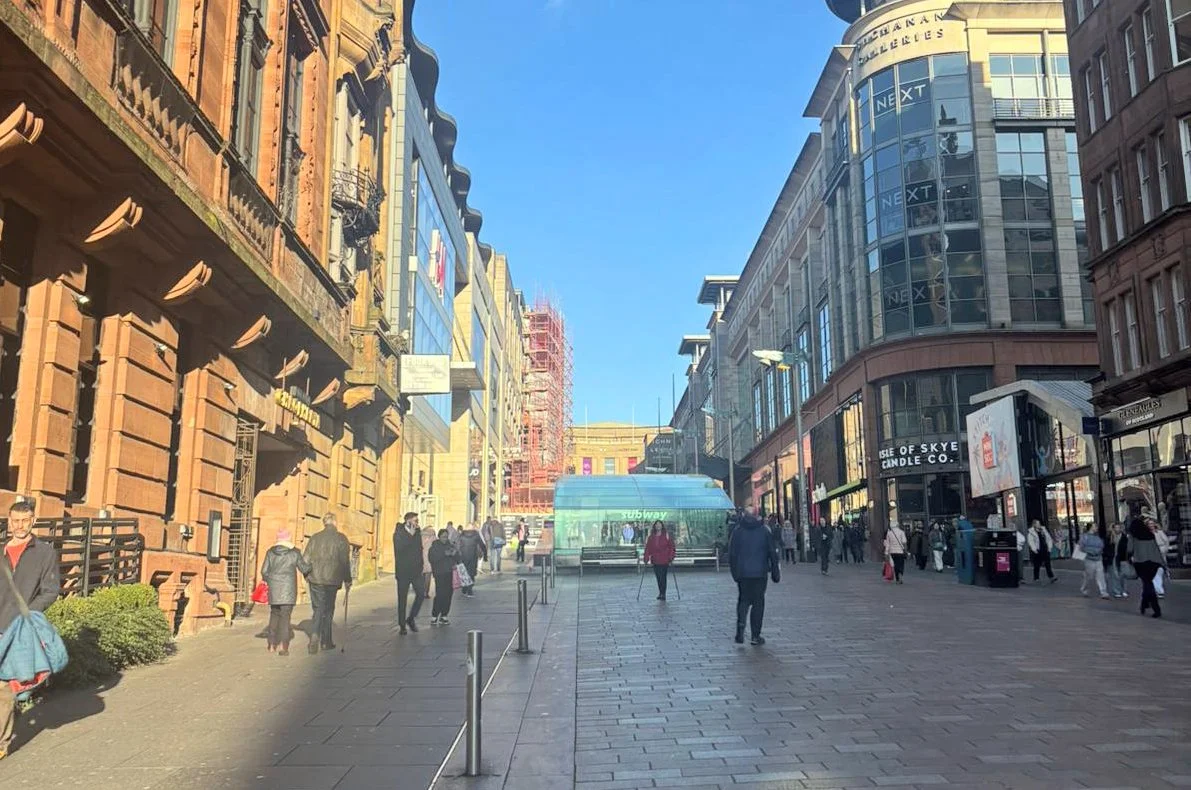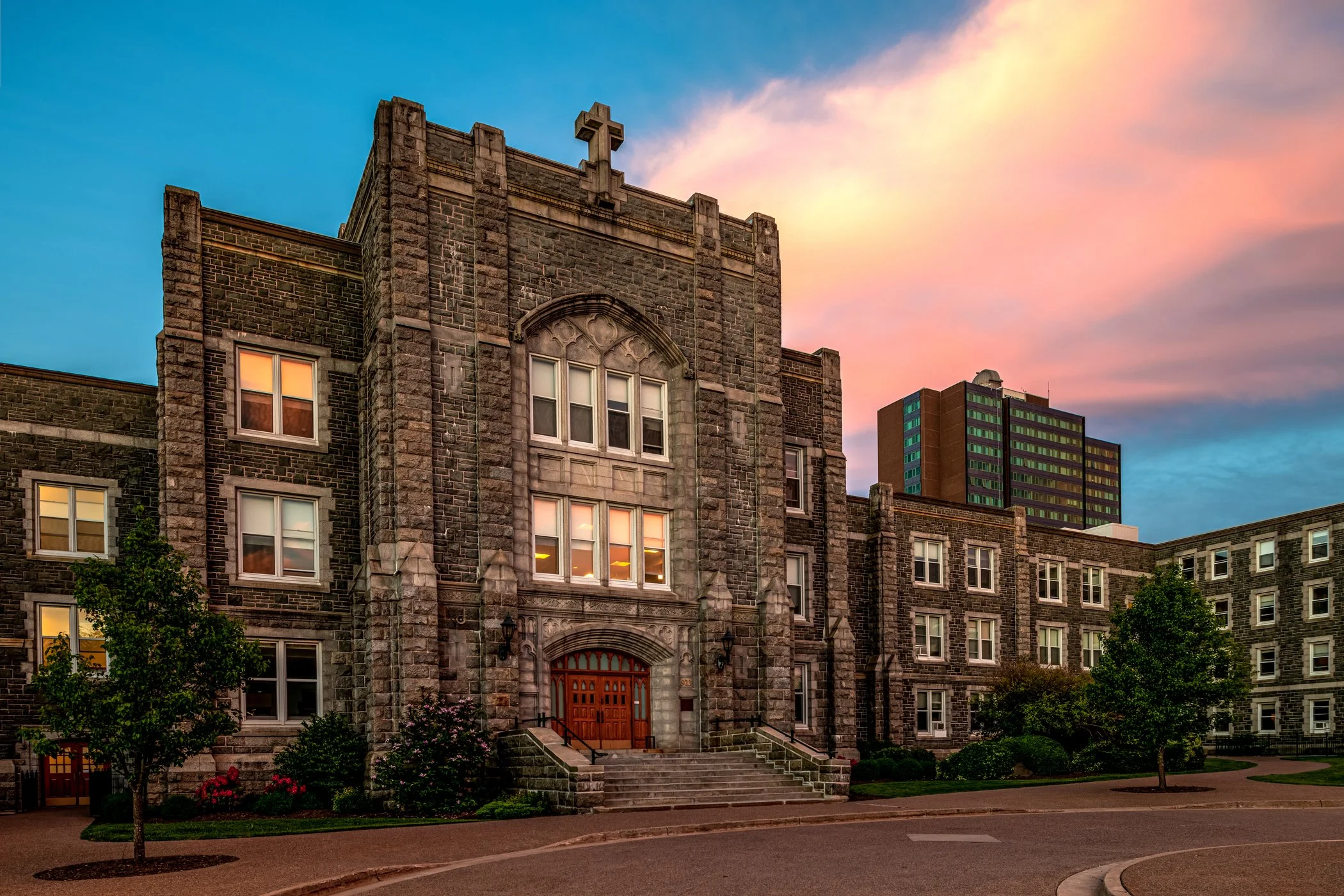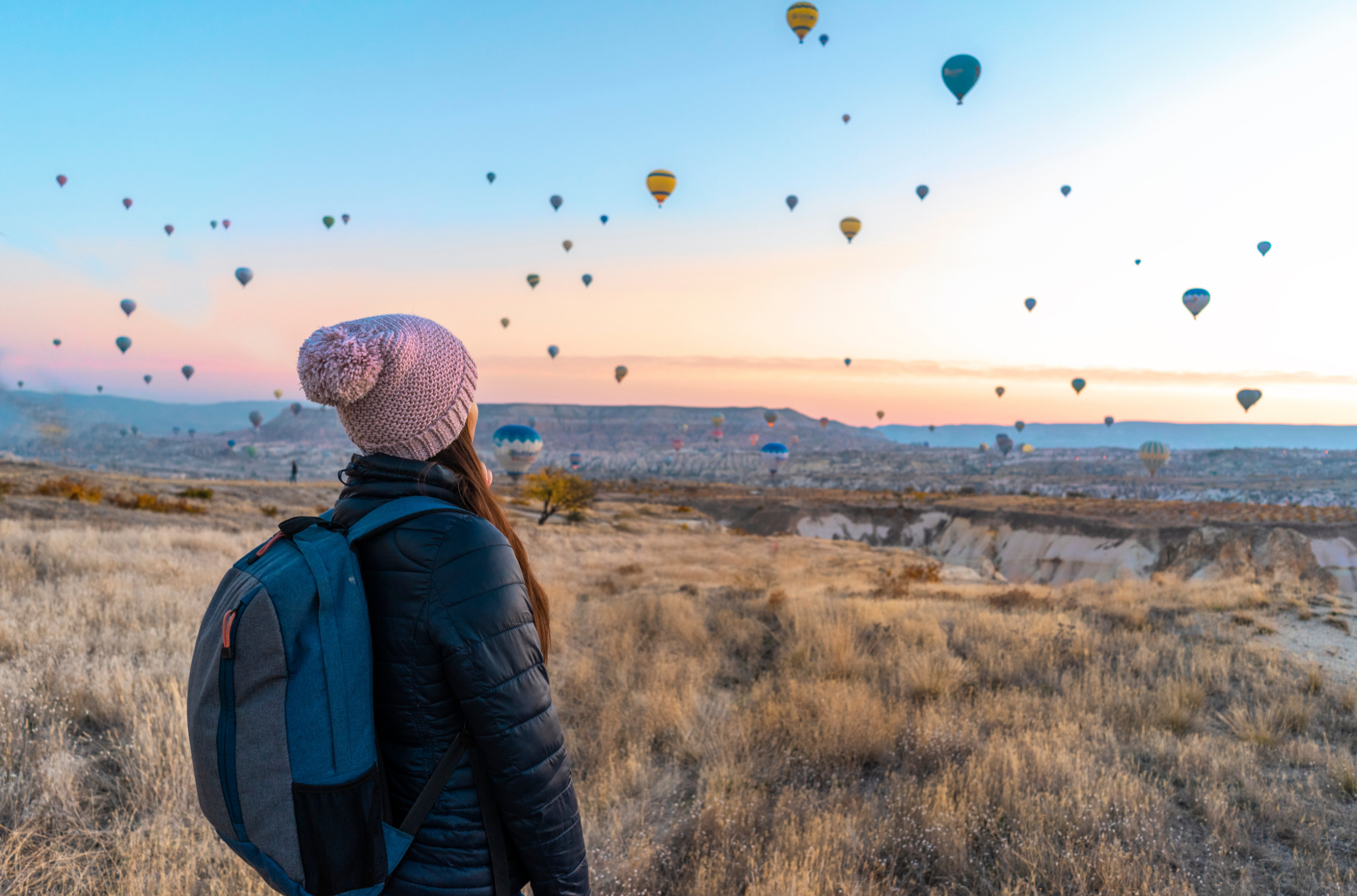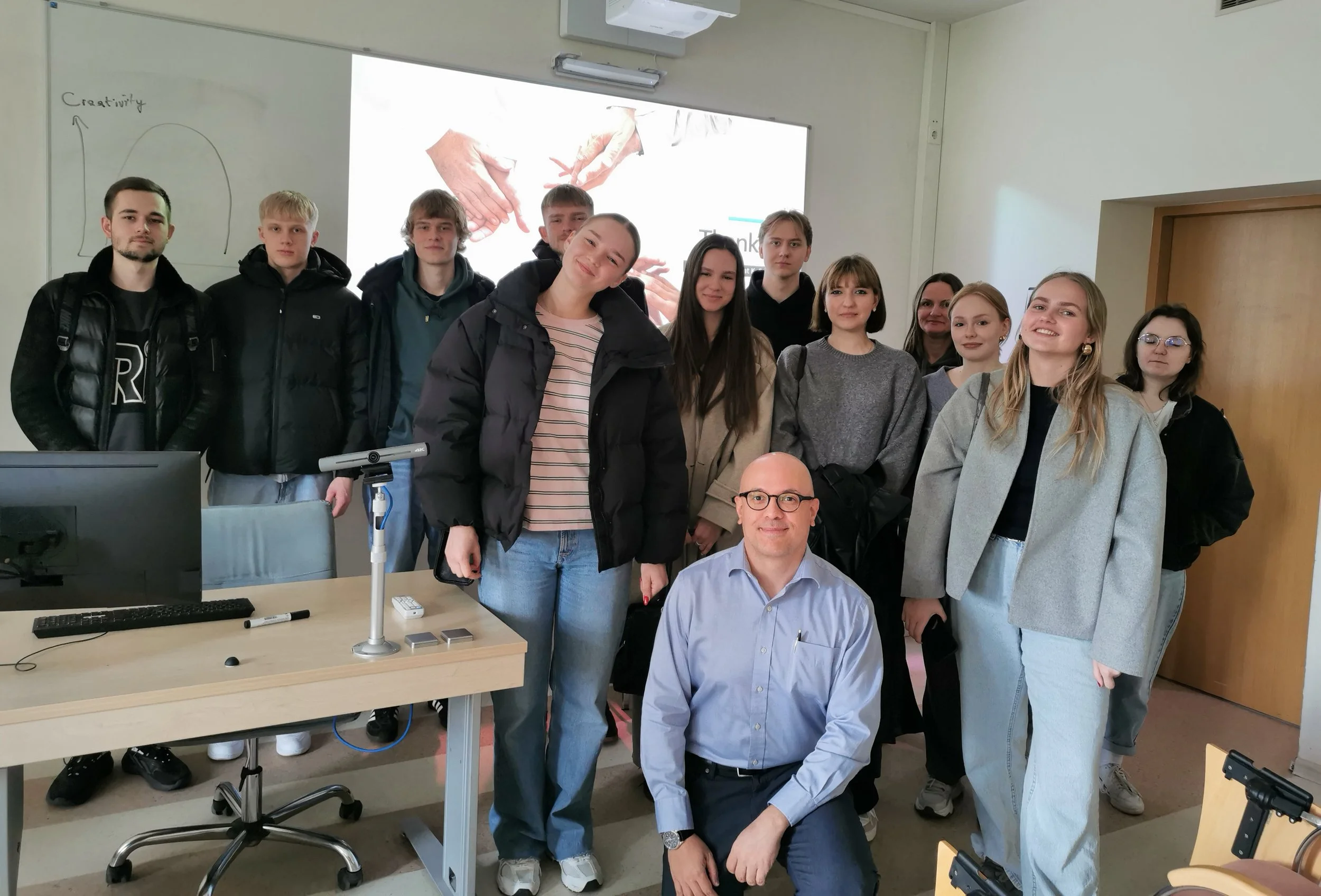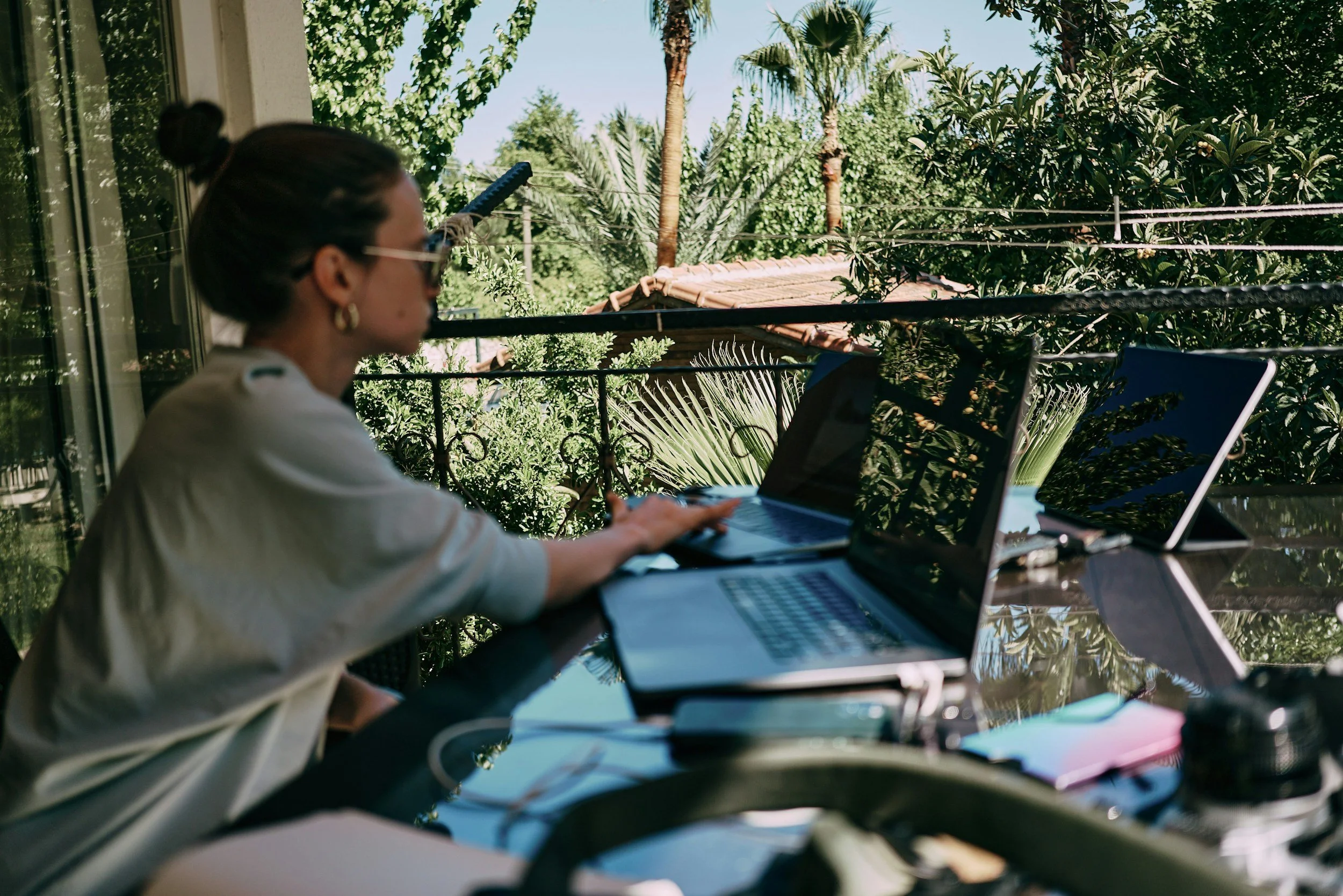Every summer evening for the past 50 years, the people of Jyväskylä are greeted by a familiar sound at 8:00 pm. It’s an old recording of Torsten Lindfors playing the opening bars of Laulu synnyinseudulle (A Song for the Native Place) composed by Aulis Raitala. The music is played from a speaker atop Vesilinna observation tower, which sits on a hill above the city.
When asked about the significance of the music, a waiter in a downtown café said: “This song is very evocative for us. When we first hear this song in late May, it’s a very moving moment. It means summer is here, the long night is over, and everything is going to be ok.”
LAULU SYNNYINSEUDULLE
(sanat Martti Korpilahti, sävel Aulis Raitala)
Oi, päivät seutuvilla Päijänteen,
oi, tuttu kellon kilke koivuhaasta!
Niin kirkas tunne nousee sydämeen
kuin muisto jostain kaukaa onnen maasta.
Oi, matkat korven poikki naapuriin,
kun polku kiertäen käy lammen rantaa,
oi, retket saarihin ja poukamiin,
kun aurinko taas lämmön armaan antaa!
Te Keski-Suomen rakkaat rantatiet,
te tuoksut heinäpellon, kukkaniityn!
Ah, aika, vaikka multa paljon viet,
et kiintymystä, jolla tänne liityn.
Tään kansan kanssa kuulun yhtehen,
sen tunnen nytkin juuri tällä kertaa.
On täällä hyvä olla ihmisen,
en synnyinseudulleni tiedä vertaa.
A SONG TO THE BIRTHPLACE
(words by Martti Korpilahti, music by Aulis Raitala)
Oh, the days in Päijänne,
oh, the familiar tinkling of the bell from the birch grove!
Such a bright feeling rises in the heart
like a memory from some distant land of happiness.
Oh, trips across the ear to the neighbor,
when the path goes around the lake shore,
oh, trips to islands and coves,
when the sun gives warmth again!
You dear coastal roads of Central Finland,
you smell the hay field, the flower meadow!
Ah, time, even if you take a lot from me,
not the affection with which I join here.
With this nation I belong,
I can feel it right now.
It's good to be human here,
I don't know a match for my birthplace.
(Translation: Google Translate)


